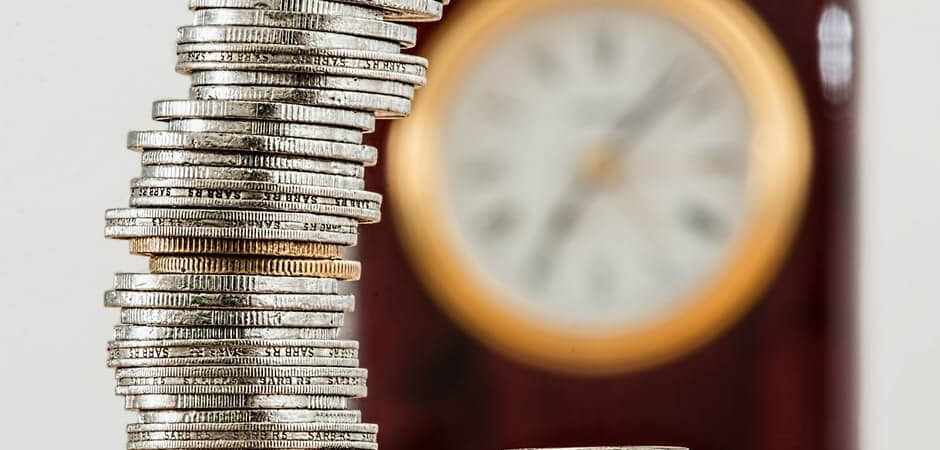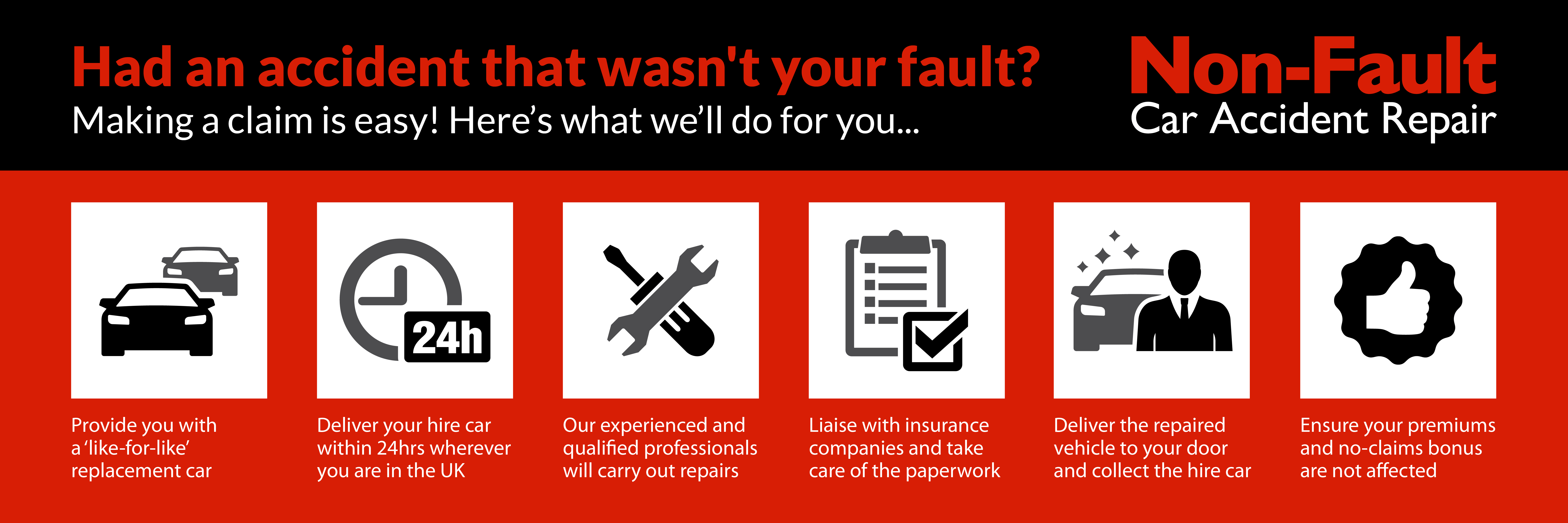Had an accident that wasn't your fault?
Start your claim here by completing our simple enquiry form
Proof recession is forcing drivers off the road as petrol sales now 12 per cent down on pre-slump level
Recession driving cars off the road
The amount of petrol sold on UK forecourts has slumped this year, official figures have shown, as cash-strapped motorists cut down on their journeys.
According to the Department of Energy and Climate Change (DECC), almost 500million fewer litres of petrol were sold between April and June compared to the same period last year. The fall came despite a fall in prices compared to the preceding quarter.
For the whole of the first half of 2012, the statistics show that more than two billions fewer litres of petrol and diesel were sold on forecourts compared to the same period in 2008 – just before recession took grip.
Yesterday, research from Moneysupermarket revealed that an increasing number of motorists are sacrificing going out and shopping for clothes to help keep their cars on the road.
Nearly three-quarters admitted to cutting back on spending to support the cost of running car as a combination of higher petrol costs and car insurance take their toll.
Unleaded prices have gone up by 47 per cent in five years while diesel prices are up 49 per cent, AA statistics show. At the same time, car insurance costs have gone up by roughly 60 per cent, according to confused.com data.
The DECC figures for petrol sales lay bare the burden carried by drivers since the financial crisis struck. In the first six months of 2008, before recession hit the UK, retail sales of petrol and diesel reached 18.97billion litres.
In the first half of this year, retailers sold 16.7 billion litres – a fall of 12 per cent.
Petrol sales in particular suffered in the second quarter of the year, dipping more than ten per cent compared to just the previous three months. Fuel buying was turbulent in March and April, when the threat of tanker strike action spooked British motorists into panic buying fuel and distoring the month-on-month figures.
Amid a public row between ministers and tanker driver unions, Francis Maude, the Cabinet Office minister, was accusing of scaring drivers into panic buying by suggesting a potential strike would lead to fuel shortages. He said in a TV interview that ‘a bit of extra fuel in a jerry can in the garage is a sensible precaution to take’, drawing complaints from fire safety groups and, ironically, sparking the type of forecourt queues and panic buying that he had warned could happen.
This pushed petrol prices to a record 142.48p a litre in mid-April. However, by the end of June, the price dropped down to 131.19p a litre.
Edmund King, AA president, said: ‘A 10.6 per cent fall in petrol sales this past quarter is a huge drop.
‘While we welcome the fact that new cars have become more fuel-efficient, this goes nowhere near to accounting for the crash in demand over the past three months and the past five years.
‘Ever-increasing prices in recent years have sent petrol sales into steady decline and the panic-buying at the end of March may have brought forward sales in early April. Wet weather may also have played a part.’
End article.
Had an accident that was not your fault? Want your car fixed without affecting your insurance renewal premium or no claims bonus? Click here and start your claim today.



